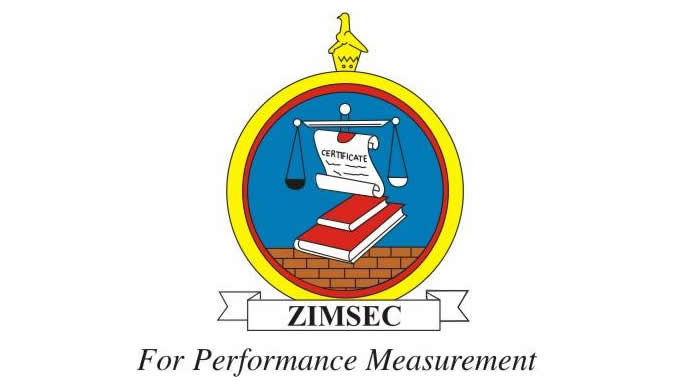
AS the world commemorated World Teachers Day yesterday, local educators’ unions said there was nothing to celebrate as their members are overworked and impoverished by the government while many of their qualified colleagues are currently out of work.
BY TATENDA CHITAGU
Progressive Teachers Union of Zimbabwe (PTUZ) president Takavafira Zhou said Zimbabwean teachers had little to cheer about on their day as they have fallen “from grace to grass”.
“While globally, teachers are celebrating international guidelines for the recruitment and employment of teachers or the promotion of a quality environment for education, the situation is different in Zimbabwe. Indeed in Zimbabwe teachers are mourning the demise of the teaching profession from grace to grass with monotonous regularity,” Zhou said.
“Teachers in Zimbabwe are overworked, lowly paid, poorly provisioned, constantly denigrated and ridiculed by education and Zimsec (Zimbabwe Schools Examination Council) officials. The recent defective salary discrepancies and atrocious economic reforms and liquidity crisis have made teachers in Zimbabwe the poorest of the poor.”
He said teacher accommodation was “atrocious” and their security greatly compromised, and were subjected to attacks and extortion.
“They are not afforded the opportunity to engage in meaningful collective bargaining with their employer as envisaged in ILO Conventions 87, 98 and 151,” Zhou said.
“The curriculum is narrow and constricted and there is very limited engagement of teachers in educational policy formulation and implementation.”
- Chamisa under fire over US$120K donation
- Mavhunga puts DeMbare into Chibuku quarterfinals
- Pension funds bet on Cabora Bassa oilfields
- Councils defy govt fire tender directive
Keep Reading
He said teachers were a vital cog of societal development and must be treated well.
“On a day when focus is on international best practice, we remind the government that it remains the biggest threat to the development of the education system in the country by ill-treating teachers,” he said.
Amalgamated Rural Teachers’ Union in Zimbabwe (Artuz) national vice-president Gaudencia Mandiopera said their members were the worst affected by challenges facing the profession.
“The challenges confronting both our sector and our nation are innumerable. On this year’s Teachers’ Day, I find no pride in being a teacher. The teachers whose services are supposed to be celebrated on this day are being pauperised and exploited by a heartless militaristic comprador bourgeois class running the affairs of our country,” Mandiopera said.
“For a rural female teacher like myself, the woes are endless as we also have to contend with gender discrimination from an unrepentant male-dominated society.”
She said rural teachers were worst affected by the directive by the Zimsec which now wants all schools to submit examination answering scripts on a daily basis and collect new examination papers on a daily basis to avoid leakages.
Mandiopera also complained of sexual harassment at the workplace.
“For the professional woman, you still have to deal with sexual harassment at work from male superiors who view women as commodities to satisfy their insatiable appetite for sexual pleasure.
“The society itself is quick to judge you for your dressing and any other decision you make,” she said.











